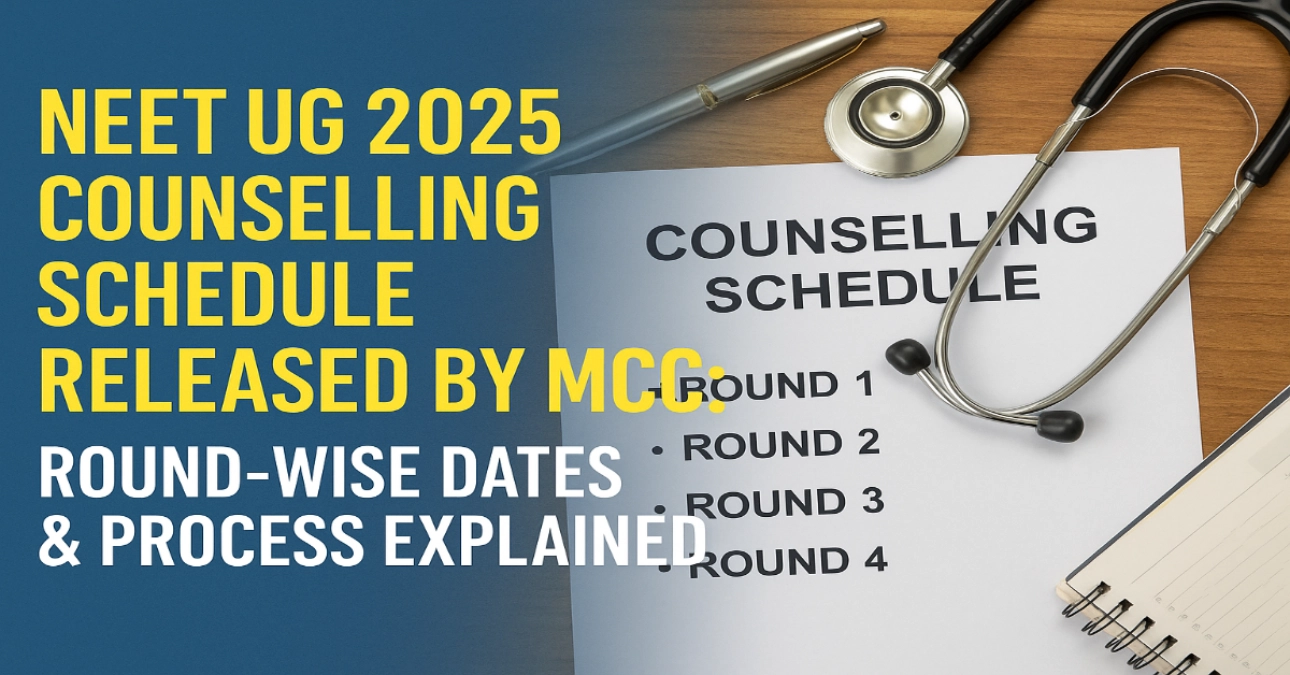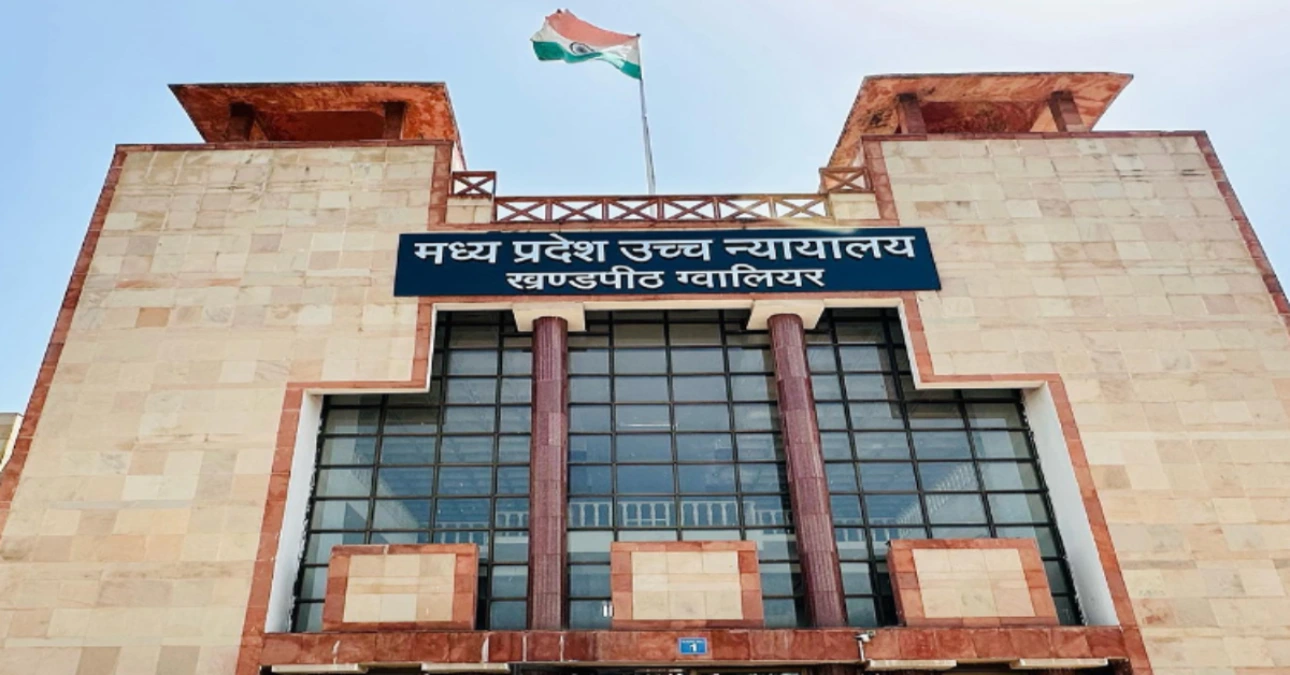NEET UG 2025: When NEET aspirants finally clear the exam and get a seat in a government medical college, it’s a big achievement — and it should be! But many students and parents miss one important detail: scoring well in NEET is just the beginning.
What comes next — bonded service after MBBS — can have a big effect on your career, freedom, and future plans.
This is the less-talked-about truth of medical education in India: the bond system. It’s often hidden in the fine print of admission papers and rarely explained properly during counselling.
What Is a Medical Bond?
A medical bond is a legal agreement between the student and the state government (or institution) requiring the student to serve in a government healthcare facility for a fixed number of years after completing their MBBS.
If the student fails to fulfil the bond, a hefty penalty (ranging from ₹5 lakh to ₹1 crore) must be paid.
The NEET Cutoff Illusion
Many students prioritise the lowest NEET cutoff states, assuming easier access to medical education. However, states with lower cutoffs often enforce longer bond periods or higher penalties. This tradeoff isn’t immediately visible during counselling but can have long-term implications.
State-Wise Bond Comparison (2025 Update)
| States | Bond Duration | Bond Penalty | Remarks |
| Tamil Nadu | 5 years | ₹5,00,000 | Rural posting mandatory |
| Maharashtra | 1 year | ₹10,00,000 | Posting location not always disclosed upfront |
| Uttar Pradesh | 2 years | ₹10,00,000 | Often posted in rural PHCs |
| Bihar | 3 years | ₹15,00,000 | Enforcement is strict |
| Gujarat | 1 year | ₹20,00,000 | Must complete internship to apply for relief |
| Rajasthan | 2 years | ₹25,00,000 | Strict rural bond enforcement |
| Odisha | 2 years | ₹10,00,000 | Must join within days of completing MBBS |
| Himachal Pradesh | 5 years | ₹1,00,00,000 | Longest bond period in India |
| Chhattisgarh | 2 years | ₹25,00,000 | Mandatory government service posting |
Challenges of Bond/Service
1. Bond Affects Postgraduate Plans
A long service bond can delay your PG entrance preparation or force you to juggle rural service with PG coaching. This can significantly impact your academic performance and ranking.
2. It’s Legally Enforceable
States like Himachal Pradesh and Odisha have taken strict action against bond defaulters, withholding degrees, and even preventing students from appearing in PG exams.
3. Job Locations & Working Conditions
You might end up in remote Primary Health Centres (PHCs) with limited infrastructure. This can affect skill retention, personal safety, and quality of life.
4. Bond Buyout Isn’t Easy
While some students think they can simply pay the penalty and walk away, many states don’t process NOCS easily, delaying documentation for further studies or employment.
What NEET Counselling Brochures Don’t Highlight
- Most official NEET counselling portals do not clearly show bond duration or conditions.
- Students find out only after admission confirmation when asked to sign service agreements.
- Many private colleges also have hidden service clauses for government quota seats.
Tips for Aspirants and Parents
- Read the Prospectus Thoroughly: Don’t ignore the fine print in the college brochure.
- Research State-wise Bond Rules: Use RTIs or verified government portals to access accurate bond details.
- Ask Seniors: First-hand reviews from alumni or current students help you understand the reality.
- Plan Financially: If opting for a bonded seat, calculate whether the savings in tuition justify the post-college service years.
Is It Worth It?
A government MBBS seat, even with a bond, is a prestigious opportunity — but only if you’re prepared for the full journey. If your aim is to immediately pursue a PG or move abroad, a lower-cutoff state with a long bond may not be ideal.
Always weigh the cost of commitment, not just the cutoff.




